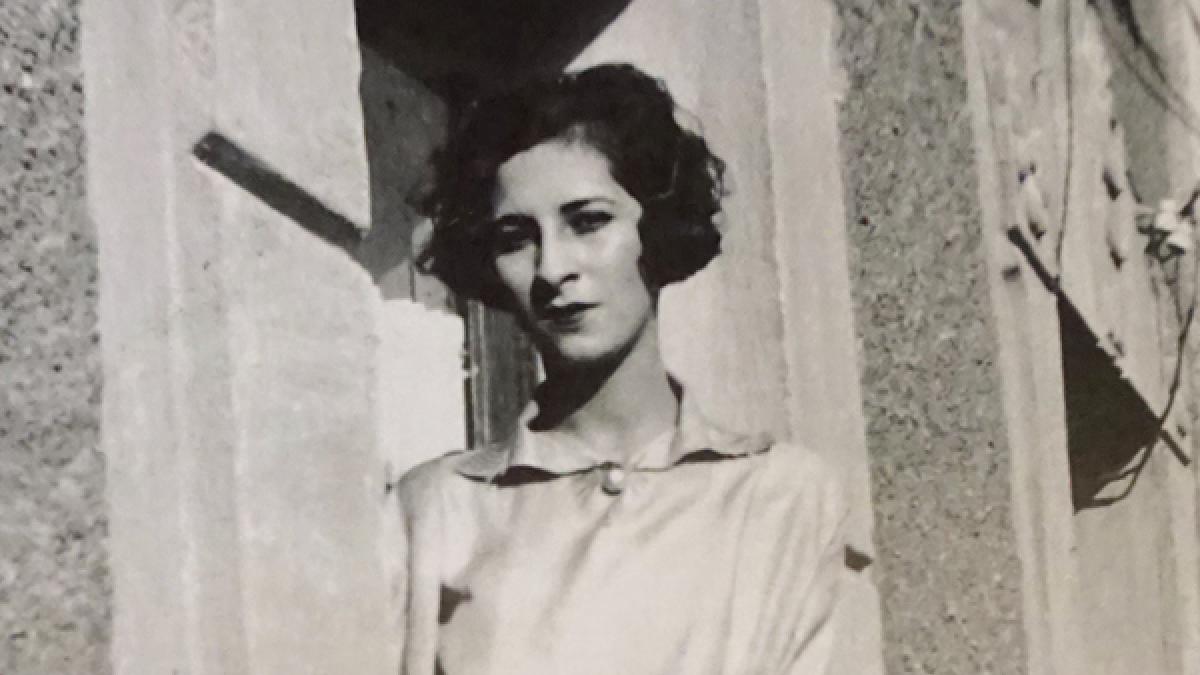Unraveling the Legacy of Luisa Moreno: A Pioneer in Social Justice

Introduction
Luisa Moreno
In the annals of history, certain names shine brightly as beacons of change, guiding generations towards a more just and equitable society. Among these luminaries stands Luisa Moreno, a titan of the labor movement and a fierce advocate for the rights of marginalized communities. This article delves deep into the life and legacy of Luisa Moreno, exploring her remarkable contributions to social justice and labor rights.
The Early Years
Luisa Moreno was born on August 30, 1907, in Guatemala City, Guatemala. From an early age, she exhibited a passion for social justice, inspired by the struggles of the working class in her homeland. Moreno’s upbringing imbued her with a deep sense of empathy and a relentless drive to challenge injustice wherever she encountered it.
Arrival in the United States
In 1928, immigrated to the United States, settling in New York City. Faced with the harsh realities of immigrant life, she quickly became involved in labor organizing efforts, joining the International Ladies’ Garment Workers’ Union (ILGWU). Moreno’s fluency in multiple languages, including Spanish and English, made her a valuable asset in bridging the gap between diverse immigrant communities and labor unions.
Advocacy in Action
As a vocal advocate for workers’ rights,played a pivotal role in numerous labor strikes and campaigns throughout the 1930s and 1940s. She fearlessly championed the cause of Latino workers, fighting against exploitative labor practices and discrimination in the workplace. Moreno’s leadership and organizing skills earned her widespread respect and admiration within the labor movement.
The Impact of Deportation
Despite her tireless efforts on behalf of workers, faced persecution from anti-labor forces and government authorities. In 1950, she was targeted for her activism and subjected to deportation proceedings. Forced to leave the United States, Moreno relocated to Mexico, where she continued her advocacy work, albeit from afar.
A Lasting Legacy
Though her time in the United States was cut short, ‘s legacy endures as a testament to the power of grassroots organizing and collective action. Her pioneering efforts paved the way for future generations of activists, inspiring countless individuals to stand up for their rights and demand justice.
FAQs (Frequently Asked Questions)
Q: What were Luisa Moreno’s major contributions to the labor movement? A: was instrumental in advocating for the rights of Latino workers and organizing labor strikes to combat exploitative labor practices.
Q: How did Luisa Moreno’s activism impact immigrant communities in the United States? A: Moreno’s activism provided a voice for marginalized immigrant communities, empowering them to demand fair treatment and dignified working conditions.
Q: What challenges did Luisa Moreno face during her advocacy work? A: Moreno faced persecution and deportation due to her outspoken advocacy for workers’ rights, highlighting the risks inherent in challenging entrenched power structures.
Q: What is Luisa Moreno’s lasting legacy in the fight for social justice? A: Luisa Moreno’s legacy serves as a beacon of hope for future generations, reminding us of the transformative power of grassroots organizing and solidarity.
Q: How can we honor Luisa Moreno’s memory today? A: We can honor Luisa Moreno’s memory by continuing her work and advocating for the rights of workers and marginalized communities worldwide.
Q: What resources are available for further learning about Luisa Moreno’s life and legacy? A: Interested readers can explore biographies, academic articles, and archival materials to learn more about Luisa Moreno’s remarkable contributions to social justice and labor rights.
Conclusion
In conclusion, Luisa Moreno stands as a towering figure in the annals of social justice history, her legacy a testament to the enduring power of activism and advocacy. By fearlessly challenging injustice and standing in solidarity with the oppressed, Moreno left an indelible mark on the labor movement and inspired generations to continue the fight for a more just and equitable world.



Leave a Comment